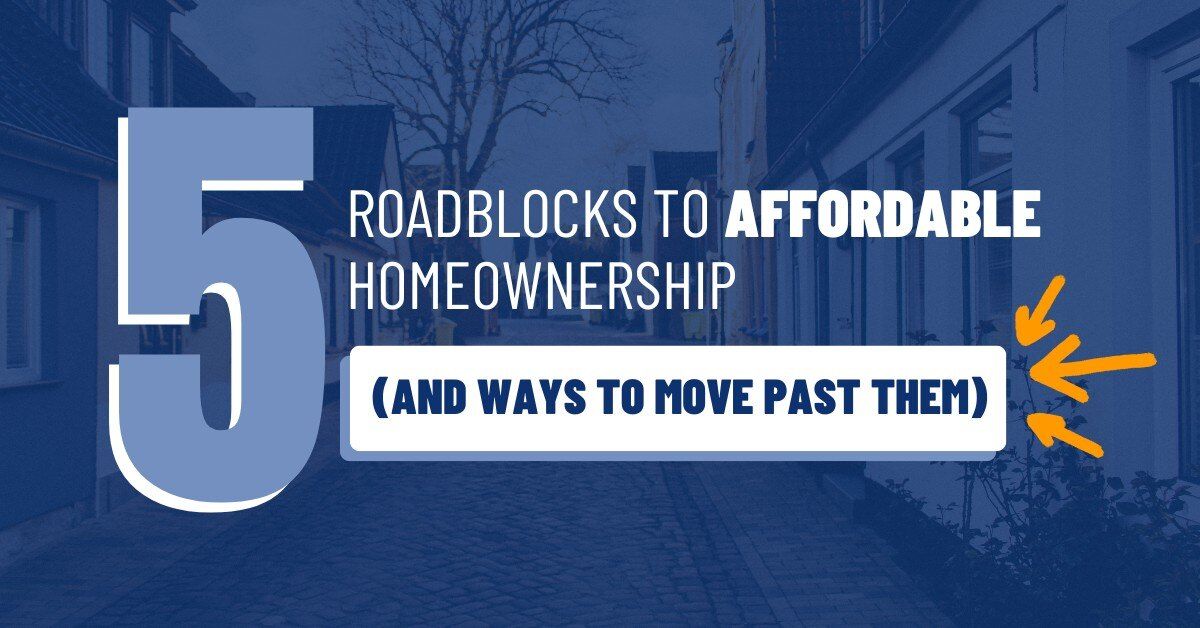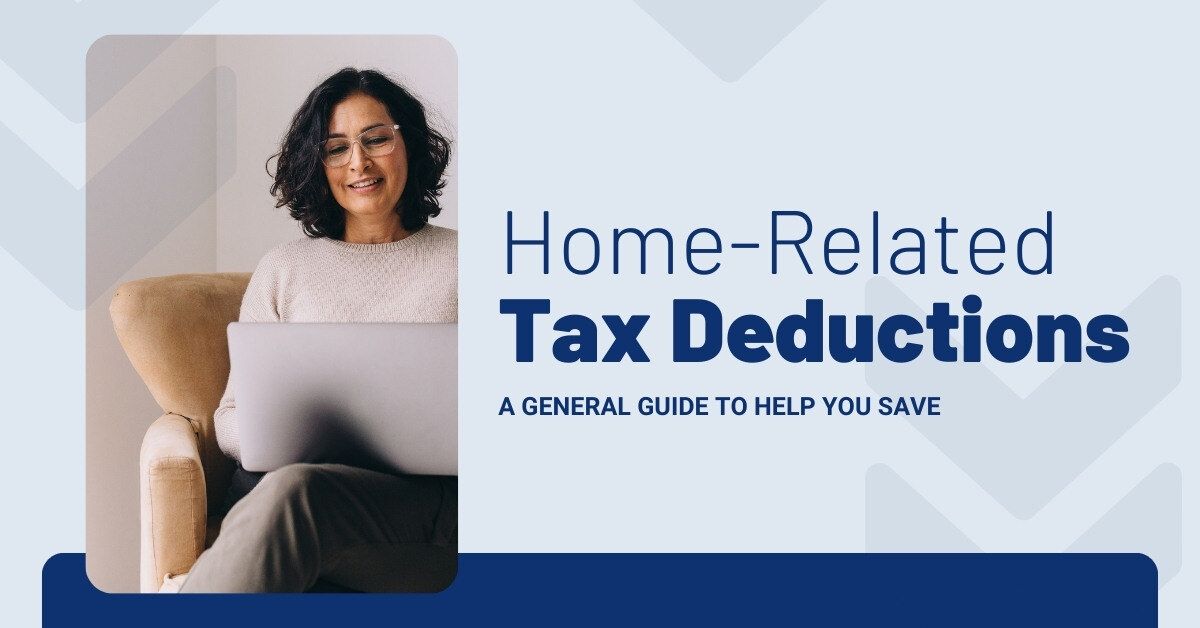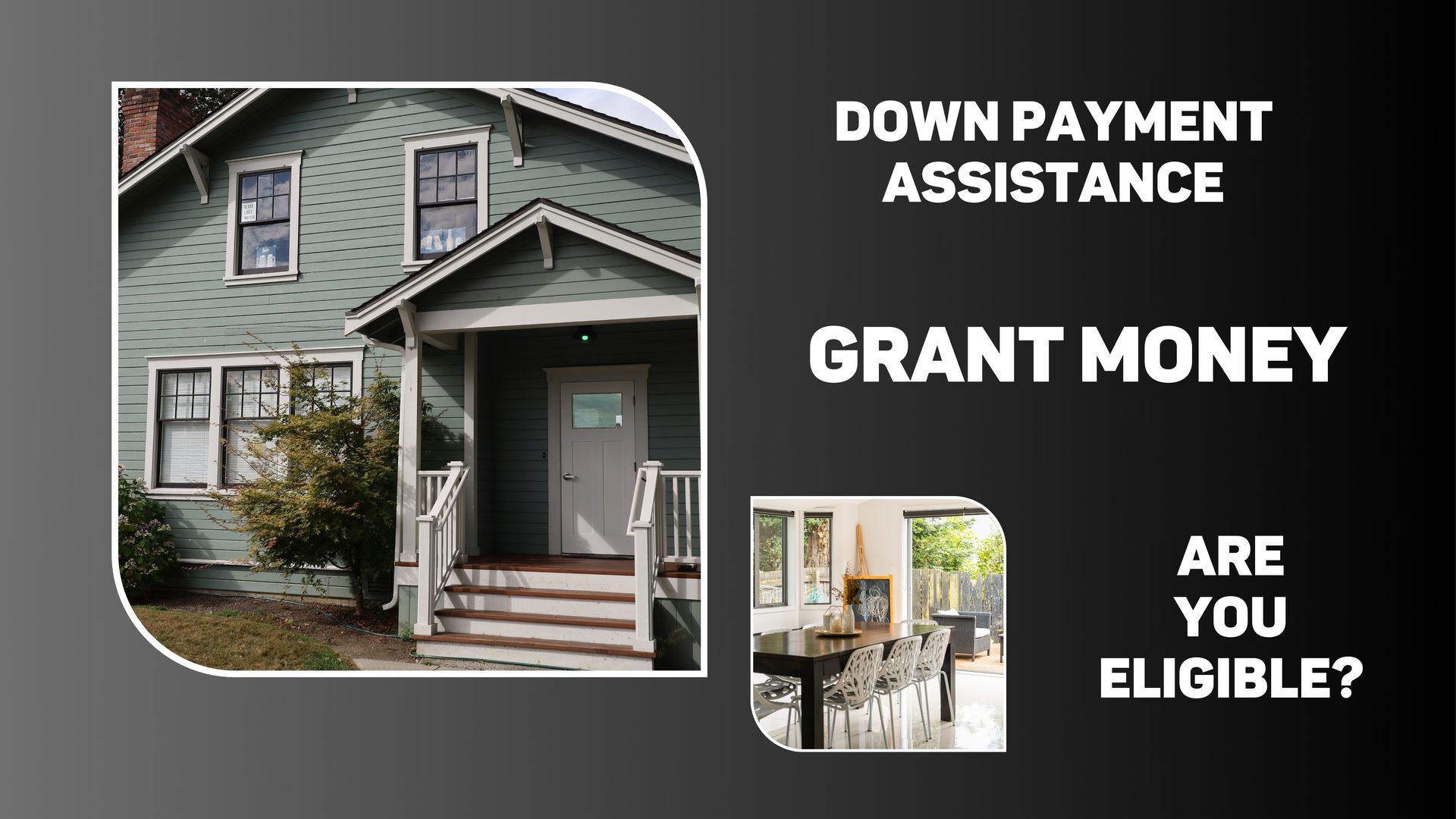My Home Didn’t Sell! Now What?
When it comes to listing their home, most home sellers want three things:
- to make a lot of money,
- to put in minimal time and effort, and
- to sell quickly.
But the reality is, selling a home is rarely that simple. And homeowners who try to do it themselves—or receive bad advice—can end up stuck (months later) with a property that hasn’t sold.
If that’s you, don’t panic! We’ve outlined the top five reasons a home doesn’t sell—and action steps you can take to overcome each of these issues.
Not sure why your property didn’t sell? If you’re not already working with an agent or your listing has expired or been withdrawn, give us a call! We’d be happy to offer a free, no-obligation assessment and create an action plan to get your home SOLD.
This marketing piece is not intended as a solicitation for properties currently in an exclusive agreement with another Broker.
1. BAD TIMING
If your home didn’t sell after several months on the market, timing could’ve been a factor. Markets are driven by the law of supply and demand, and real estate is no exception.
When there are a lot of people who want to buy homes (demand) and a shortage of inventory (supply), it’s considered a seller’s market. During a seller’s market, listings tend to get snapped up quickly. In a buyer’s market, however, there are more homes for sale than active buyers. This can cause homes to sell for less money and to sit on the market for a longer period of time before receiving an offer.
What causes the shift between a seller’s market and a buyer’s market? Economic factors like interest rates, affordability, domestic growth, and the unemployment rate can all impact buyer demand. Over the past year, for example, higher mortgage rates have not only made it harder for some borrowers to qualify for a home loan, they have also sharply pushed up homebuyers' anticipated monthly payments.1 So even if a buyer was interested in your home, they may have passed on it if they couldn’t qualify for a mortgage at your asking price.
Seasonal factors like weather, holidays, and school schedules can also increase or dampen the activity and motivation of buyers. Additionally, unexpected events, such as a natural disaster or a stock market crash, can cause some buyers to put their purchasing plans on hold until conditions normalize.
Now What?
If timing does appear to be a factor, it may be advisable to delay relisting your property. Of course, that’s not feasible (or desirable) for every seller.
In most cases, buyers can be motivated to act with a combination of improvements, incentives, and pricing. Where there’s a will to sell, there’s usually a way. Fortunately for sellers, people will always need a place to live, and there will be a percentage of the population that is motivated to buy quickly.
If you suspect timing played a role in your inability to sell, consult with a knowledgeable real estate agent. We’re in the field every day and have access to the latest market data. We can estimate how long a home like yours should take to sell given current market conditions and help ensure that your asking price is competitive.
2. INEFFECTIVE MARKETING
Did your home get a steady stream of showings when it was on the market? If not, you may need to try a new promotional strategy.
Take a look at the listing description. Did it entice buyers to visit your property? A well-written description should be clear and compelling while highlighting your home’s most desirable features. Additionally, it should have utilized best practices for search engine optimization (SEO) to ensure that it was found by buyers who were looking for homes online.
And how well did the listing photos showcase your property? Many buyers use photos of a home to decide whether or not to visit it in person. In fact, 85% of buyers who browse online find photos “very useful” in their home search.2 Poor quality or a low quantity of listing photos could have kept potential buyers from stepping through your door.
Another factor to consider is whether your listing reached the right audience. This can be especially important if you have a unique or highly-customized home. The Multiple Listing Service is a great place to start, but some properties require a more robust marketing approach.
Now What?
If you suspect ineffective marketing, consider turning to a skilled professional with a proven approach. We employ a strategic Property Marketing Plan that uses the latest technologies to seed the marketplace, optimize for search engine placement, and position your home for the best possible impression right out of the gate.
For example, we know what buyers in this market want and can craft a persuasive description to pique their interest. And since good listing photos are so crucial, we work with the top local photographers to ensure each shot is staged to your home’s advantage.
We also know how to get your listing in front of the right audience—one that will appreciate its unique features. By utilizing online and social marketing platforms to connect with consumers and offline channels to connect with local real estate agents, your property gets maximum exposure to your target market.
Want to learn more about our multi-step marketing strategy? Reach out for a copy of our complete Property Marketing Plan.
3. POOR IMPRESSION
If your property received a lot of foot traffic but no offers, you may need to examine the impression you made on buyers who visited your property.
Start with your home’s structure and systems. Are there large cracks in the foundation? How about doors and windows that don’t properly close? Are there water stains on the walls or ceiling that could signal a leak? These can be major “red flags” that scare away buyers.
Next, examine your curb appeal. Does the yard need mowing or do the hedges need trimming? Are there oil stains on the driveway? Any peeling paint or rotted siding? If your home’s exterior looks neglected, buyers may assume the entire house has been poorly maintained.
Now move on to the interior of your home. Is it clean? Is there a noticeable odor? Have you taken the time to depersonalize and declutter each room? Buyers need to be able to picture their items in your home, but that’s difficult to do amongst your family photos and personal collections. And oversized furniture and packed closets can make a space seem small and cramped.
Now What?
When we take on a new listing, we always walk through it with the homeowner and point out any repairs, updates, or decluttering that should be done to maximize its sales potential. We also share tips on how to prep the property before each showing.
In some cases, we will recommend that you utilize staging techniques to highlight your home’s best features and help buyers envision themselves living in the space. Home staging is one of the hottest trends in real estate—because it works! According to the Real Estate Staging Association, professionally-staged homes sell, on average, 9 days faster and for $40,000 over list price.3 In addition, the National Association of Realtors suggests that staging can help push up your final sale price by as much as 20%.4
Some sellers choose to hire a professional home stager, while others opt to do it themselves, using guidance from their agent. We can help you determine the appropriate budget and effort required to get your home sold.
4. PRICE IS TOO HIGH
Many homeowners are reluctant to drop their listing price. But the reality is, buyers may not seriously consider your property if they think your home is overpriced.
Attitudes have changed since the Federal Reserve started hiking interest rates. Many of today's homebuyers are no longer willing or able to pay as high a price on a new home as they might have when borrowing costs were lower.5 If your home’s original asking price was set using sales data from the market's peak, then you may need to rethink your pricing strategy.
Economic factors aren't the only reasons, though, why a home's asking price might not match its market value. Pricing a home can be tricky, regardless of the economic climate, because so many factors can impact how much buyers are willing to pay. For example, unique, highly customized, and luxury properties are particularly difficult to price because there aren’t a lot of comparable homes with which to compare them.
Regardless, if your home sat on the market for months without an offer, then chances are good that your asking price needs to be reevaluated.
Now What?
If you aren’t in a rush to sell your home, adjustments to timing or marketing may bring in a new pool of potential buyers. And repairs, upgrades, and staging can increase the perceived value of your home, which may be enough to bring a buyer to the table at your original list price.
However, if you need to sell quickly, or you’ve already exhausted those options, a price reduction may be necessary to get your home the attention it needs to sell.
We are local market experts and have access to the latest market data and comparable sales in your neighborhood. We can help you determine a realistic asking price for your home given today’s market conditions. Just reach out for a free home value assessment!
5. YOU HIRED THE WRONG AGENT (OR WORSE, NO AGENT AT ALL)
If you suspect that your previous real estate agent didn’t do enough—or used the wrong approach—to sell your home, you’re not alone. Many sellers whose listings languish until they expire or are withdrawn feel this way.
While most agents have the best of intentions, not all of them have the skills, experience, instincts, or local market expertise to devise a winning sales strategy in this challenging market.
Or, perhaps you chose not to hire a listing agent at all and have been trying to sell your home yourself. This can be an equally frustrating endeavor.
Although selling your home independently can help cut some costs, it can also be extremely risky and may even lose you money in the long run. For example, research by the National Association of Realtors suggests that For Sale By Owner (or FSBO) homes tend to sell for less than homes represented by a professional. In 2021, for example, the average FSBO home sold for $105,000 less than the average home sold with the assistance of an agent.
Now What?
If either of those scenarios sounds familiar, you need to ask yourself: “Would I still be interested in selling my home if I could get the right offer?”
If so, we should talk. We understand how frustrating it can be when you’ve put a lot of time, money, and effort into prepping your property for the market and it doesn’t sell. We also empathize with how disruptive a delayed home sale can be to your life.
By now, don’t you owe yourself more than the status quo when it comes to your real estate representation? Our multi-step Property Marketing Plan can help you sell your home for the most money possible, and in the process reconnect you with the excitement you originally felt upon first listing. It’s time for a new agent, new marketing, new buyers, and most of all… new possibilities.
READY TO MAKE A MOVE?
Let's talk. We can help you figure out why your home didn’t sell and how to revise your sales strategy and set your home up for success.
The housing market has experienced a shift and the waters may be choppier than usual for a while. But there's still plenty of opportunity in the current market: You just need a guide who knows where to look and how to find it.
This marketing piece is not intended as a solicitation for properties currently in an exclusive agreement with another Broker. The above references an opinion and is for informational purposes only. It is not intended to be financial, legal, or tax advice. Consult the appropriate professionals for advice regarding your individual needs.
Sources:
1. New York Times - https://www.nytimes.com/2022/12/30/realestate/housing-market-prices-interest-rates.html
2. National Association of Realtors - https://store.realtor/2022-nar-profile-of-home-buyers-and-sellers-download/
3. Real Estate Staging Association - https://www.realestatestagingassociation.com/content.aspx?page_id=22&club_id=304550&module_id=164548
4. National Association of Realtors - https://www.nar.realtor/blogs/styled-staged-sold/why-staging-matters-even-in-a-sellers-market
5. Marketplace - https://www.marketplace.org/2023/01/26/housing-slump-may-have-bottomed-out/
National Association of Realtors -
https://www.nar.realtor/research-and-statistics/quick-real-estate-statistics





